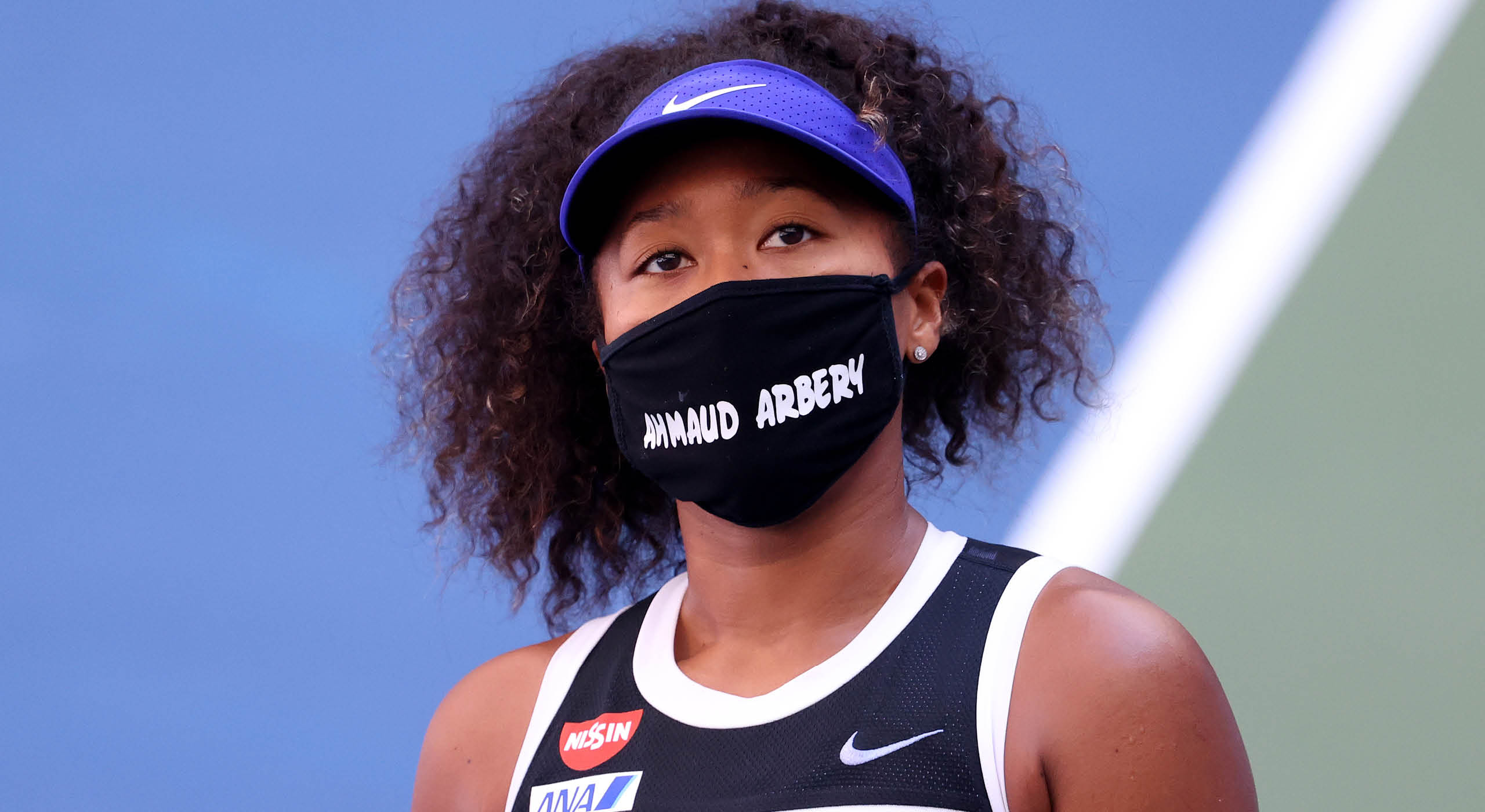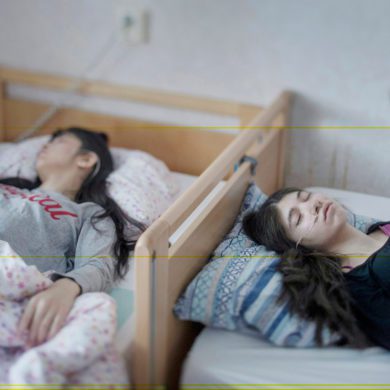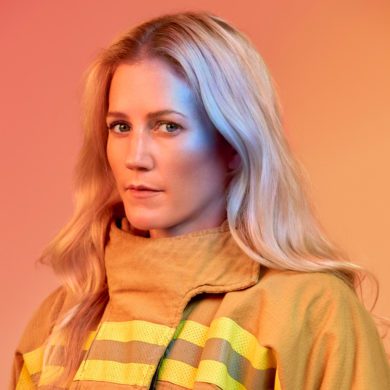There are few events more excruciating to watch than a post-match press conference. It’s like intruding on a particularly bruising performance appraisal, where your angry male boss is now a roomful of (mostly) male journalists quizzing you about all the times you messed up. So you can hardly blame tennis star Naomi Osaka, already dealing with depression and anxiety, for pulling out of press conferences during the French Open.
But her decision to withdraw from the tournament this week was about more than mental health. In standing up to the Tour, Osaka joined the vanguard of young women – like Billie Eilish, Brittany Higgins, Grace Tame and Greta Thunberg – who are refusing to be compliant, and are instead setting their own terms of engagement.
After all, this is a generation that has grown up with social media, which has offered them total control over their online and public image. They understand the power of their voice, and they are not afraid to use it.
“Gen Z and younger millennials have only really known the world of wi-fi, and social media is totally integrated into their lives,” says Claire Madden, an expert on millennials and Gen Z. “They know that when you’re managing your own personal brand on social media, you get to be in control of the message. When you’re dealing with mainstream media, the message is out of your hands.”
These women have little time for the demands of traditional media – particularly print, whose power is waning – and they grew up watching the media’s relentlessly damaging coverage of celebrities, and particularly celebrity women.
While attitudes and headlines have changed dramatically in the last few years, it’s hard to expunge from our collective memory the way women like Britney Spears were treated when they went through difficult periods for their mental health.
Yes, there is a reckoning going on right now, with documentaries like Framing Britney Spears drawing various mea culpas from those who wrote about her at the time, but opening up to media when you’re in a fragile emotional state is always going to feel difficult.
“I’ve watched many clips of athletes breaking down after a loss in the press room,” Osaka wrote on Instagram last week. “I believe that whole situation is kicking a person when they’re down and I don’t understand the reasoning behind it.”
They grew up watching the media’s damaging coverage of celebrities
All of this isn’t to say that Osaka and her peers are afraid of vulnerability in the public eye, or fear the consequences of speaking out on controversial issues. They’re not. Osaka has been a vocal supporter of the Black Lives Matter movement, wearing seven different masks to the US Open that each bore the name of a Black American killed after incidents of police violence. She has said that, “before I am an athlete, I am a black woman.”
But by speaking through social media, rather than in the bear pit of a press conference, women can tell their story in their own words and on their own terms.
If they choose to.
Some young women are shunning the media circus altogether. Older millennial women who founded companies were expected to court the media and turn up to any shoot or event looking sleek and glamorous – something Adore Beauty founder Kate Morris has questioned before. Recently, though, there has been a shift. Media site Shit You Should Care About has an audience of millions, but none of its Gen Z founders are well-known. One founder of a buzzy new beauty brand refused to reveal even her name to PRIMER’s beauty writer recently.
Women can tell their story in their own words and on their own terms
And if/when young women do decide to talk to traditional media, they can be far more circumspect about the outlets they choose. When Brittany Higgins decided to tell her story, she gave an interview to Lisa Wilkinson on The Project, then spoke only at select public appearances or via carefully worded statements to the press. Even so, her mental health appears to have suffered, with reports yesterday that she’d been hospitalised to safeguard her wellbeing after months of unrelenting scrutiny.
For Gen Z and younger Millennials, poor mental health is a huge problem, and an issue they’re used to discussing openly.
Studies have repeatedly showed that Gen Z is the most anxious generation yet. Currently, around one in four young people aged 15 to 19 years meet the criteria for having a probably serious mental illness, according to a report by McCrindle. During the pandemic, Gen Z were most likely to report that Covid-19 had a negative impact on their mental health.
“There are enormous pressures on Gen Z, many of which are caused by social media,” says Madden, pointing to the complexity of the relationship between social platforms and mental health. “In adolescence and into your early 20s, you’re still working out your sense of self. So at the same time as you’re managing your online ‘brand’, you’re also working out your offline identity – and a lot of anxiety arises in that fracture.”
Thankfully, there’s less shame in admitting to struggling with mental health, perhaps because so many of us are. When members of the Royal Family are discussing depression and self-care, as Harry and Meghan are, you know it’s gone mainstream. In this climate, making the decision to prioritise your mental wellbeing, as Osaka has done, is totally acceptable.
After explaining her reasons for withdrawing from the Open this week, Osaka’s social-media statement ended with a gentle reminder to the Tour that she’d be setting the agenda from here.
“I’m gonna take some time away from the court right now, but when the time is right I really want to work with the Tour to discuss ways we can make things better for the players, press and fans.
“Anyways, hope you are all doing well and staying safe, love you guys I’ll see you when I see you.”
❤️














No Comments